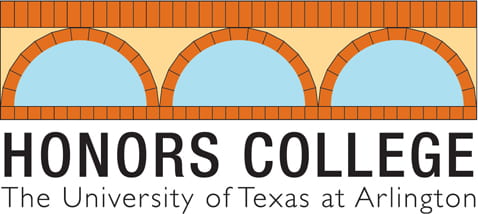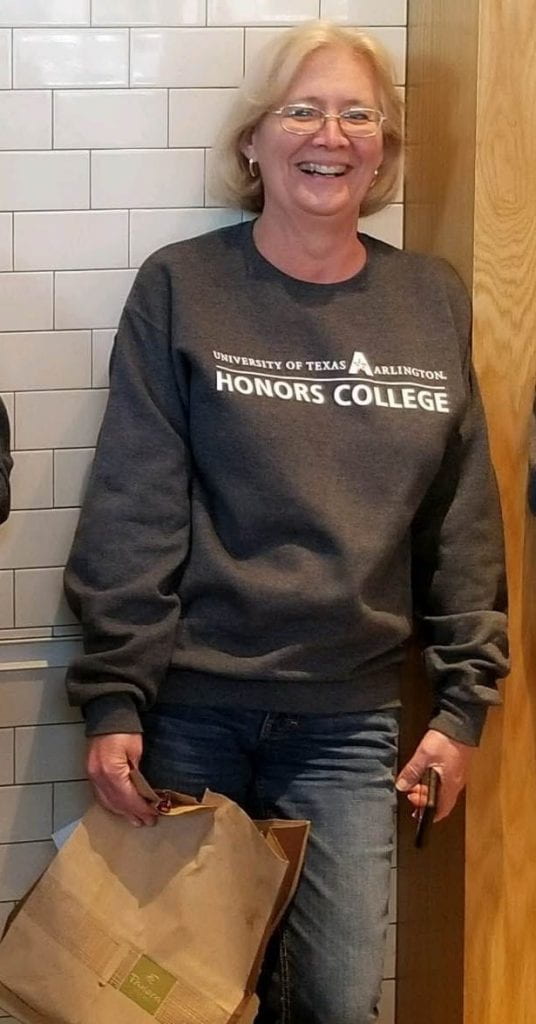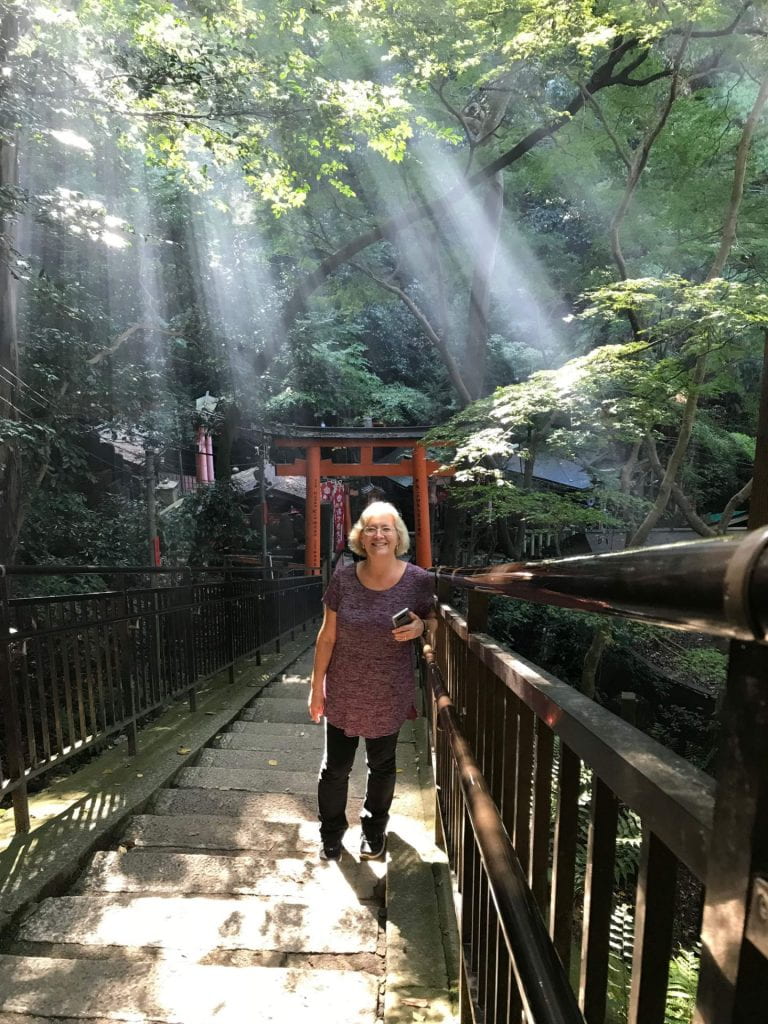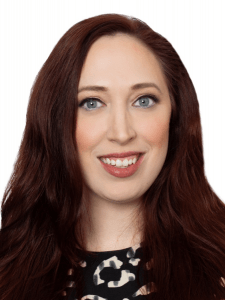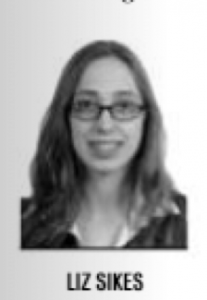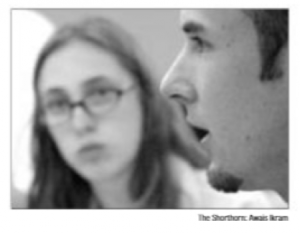Honors advisor Cheryl Gralish will never forget her 50th birthday – that’s the day she applied for a position in the Honors College.
She started in August 2010 as the Support Specialist II in the Dean’s office, answering phones, greeting guests, and ensuring the office operated smoothly. Gralish also assisted with the annual Advanced Placement Summer Institute and the Honors Academy dual credit program, which was housed in the Honors College until spring 2018. Now 8.5 years later, she is finishing her first semester as an Honors advisor.
A UT Arlington alumna, Gralish is no stranger to the University. She earned her bachelor’s degree in real estate in 1984 and appraised commercial real estate for five years. She left her job to have children, but once her daughters were older, Gralish started tutoring 7th and 8th graders in math at Young Junior High School in Arlington.
“It was fun,” she said. “It was a lot of fun.”
In fact, Gralish was so inspired by her tutoring experiences that she decided to enroll in a teacher certification program. After completing the program and passing the test, she applied for a position at Young Junior High School. Unfortunately, it was offered to a more qualified candidate.
“I really thought I was going to get the job,” Gralish shared. “But [now] I am mostly relieved I did not.”
Although she enjoyed tutoring, it only provided work during the academic year. Gralish said she needed year-long employment, which led her to apply for the job in Honors.
“And that’s how I ended up here,” she responded with a smile.
While in the Dean’s Office, one of her favorite responsibilities was helping high schoolers through the dual credit program; however, after it moved to the Division of Student Success last year, Gralish missed the frequent interactions with students.
Then in fall 2018, Gralish was offered the Honors advisor position, which she gladly accepted. She transitioned into her new role this spring, primarily serving first- and second-year students.
“In some ways, it was easier than I expected,” she stated. “I knew I wanted to do [advising], but I didn’t know if I would be able to do it.”
Gralish confessed that she was most apprehensive about giving presentations and leading group advising sessions.
“I hate public speaking,” she admitted. “But you just do it. I like what [the Honors College] is doing, and I believe in what we’re doing, and that really helps.”
Gralish explained that by the second month, she found her “groove.” The most challenging part about moving into the advisor role was getting into a routine and finding a system that worked for her.
“I didn’t want to get behind [with my advising notes],” she stated. “I know it is really hard.”
Gralish said she particularly likes conversing with all of the students, particularly during the one-on-one second-year advising appointments. She also meets with prospective students and their families, and enjoys answering their questions.
“I leave here tired, but energized,” she laughed. “And now that [the students] are all gone for the summer, I’m not energized. I’m just tired.”
In between advising 300 students this semester, Gralish still found time to walk the campus daily during her lunch break. She not only walks 2-3 miles each day, but also plays Pokémon Go in the process. Gralish is no rookie to the game; she hit level 40 a year ago, which is the highest level possible.
“You can’t walk around UTA and not play Pokémon,” she joked.
Gralish is also passionate about traveling. In the past year, she and her husband have visited Hawaii, Japan, and Germany.
“I had this phobia of going somewhere where English is not the primary language,” Gralish said. “It was different, but it was good and I think everyone should do it.” Next, she hopes to travel to Spain.
When asked what she likes most about the University, Gralish exclaimed, “I love UTA! I think the diversity is absolutely the best thing,” she continued. “You can hear five different languages from here to my car, and none of them are English. It’s great! I like that I can walk campus and see [students] that I know and can say ‘hello.’ It’s a community for them, but it is a community for us too.”
For this reason, Gralish believes students should consider applying to the Honors College.
“It’s not even about the smarts,” she stated. “It’s about the community. It’s about having the smaller group. It’s like-minded students who are serious about their work…but they need that and they also need everything else everybody else needs. They can get that here. These students are involved and want to be here and for the right reasons, so I really like that.”
When asked about her future plans, Gralish replied, “I am at the end of my career and I have found my spot…I like working with the students. I see myself right here.”
